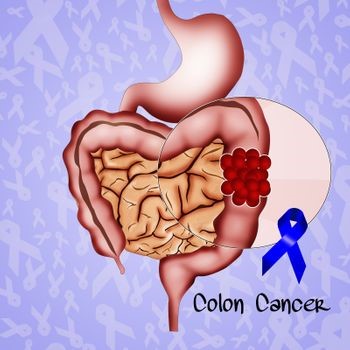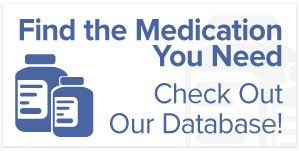The recent death of Black Panther actor, Chadwick Boseman, has shed light on the urgency to diagnose and treat colorectal cancer. Colorectal cancer is a term used to describe colon and rectal cancer.
Statistics by the American Cancer Society predict that 149,000 American adults will get diagnosed with a colorectal cancer in 2021. Among these, there’ll be 104,270 cases of colon cancer and 45,230 cases of rectal cancer.
Here’s all you need to know about colorectal cancer.
Risk Factors
We can’t control most of the risk factors associated with colorectal cancer. These include age, race (a study published in the Journal of National Cancer Institute discovered that Black Americans are more prone to getting colorectal cancer than Caucasians), genetics, inflammatory intestinal conditions, and radiation therapy of the abdomen.
Other risk factors include a high-fat and low-fiber diet, obesity, excessive alcohol consumption, sedentary lifestyle, and smoking.
You can decrease the risk factors by regularly exercising, avoiding red meat, eating more fruits, veggies, grains, and avoiding smoking.
Prevention
The best preventative measure is getting yourself regularly screened for colorectal cancer if you have a family history or have the risk factors stated above. The most effective screening method is colonoscopy.
Symptoms
- A shift in bowel habits like constipation or diarrhea.
- Change in stool consistency that lasts for more than a month
- Rectal bleeding
- Persistent discomfort in the abdomen like gas, cramps, or pain.
- Fatigue or weakness
- Unexplained weight loss
If colorectal cancer runs in your family or you’re experiencing the above-stated symptoms, it’s best to speak to a specialist doctor ASAP. Early detection can increase the chances of survival.
Treatment Options
There are various treatment options for colorectal that include:
- Radiation therapy
- Surgery
- Chemotherapy
- Targeted therapy—a treatment that treats metastatic colorectal cancer through monoclonal antibodies.
Medicines like Cytoxan, Xeloda, and Avastin are usually prescribed to prevent the spread of colorectal cancer.
If you’re looking for prescription assistance because you can’t afford to purchase Cytoxan, Xeloda, or Avastin, you can enroll in our low-cost medication programs that are a part of prescription assistance programs for uninsured and under-insured people.
With a minimal fee of $39.95, we will send your monthly prescriptions to your doorstep. This way, you will never miss a dose and stay on track to fight colorectal cancer. Get in touch with us to sign up.




